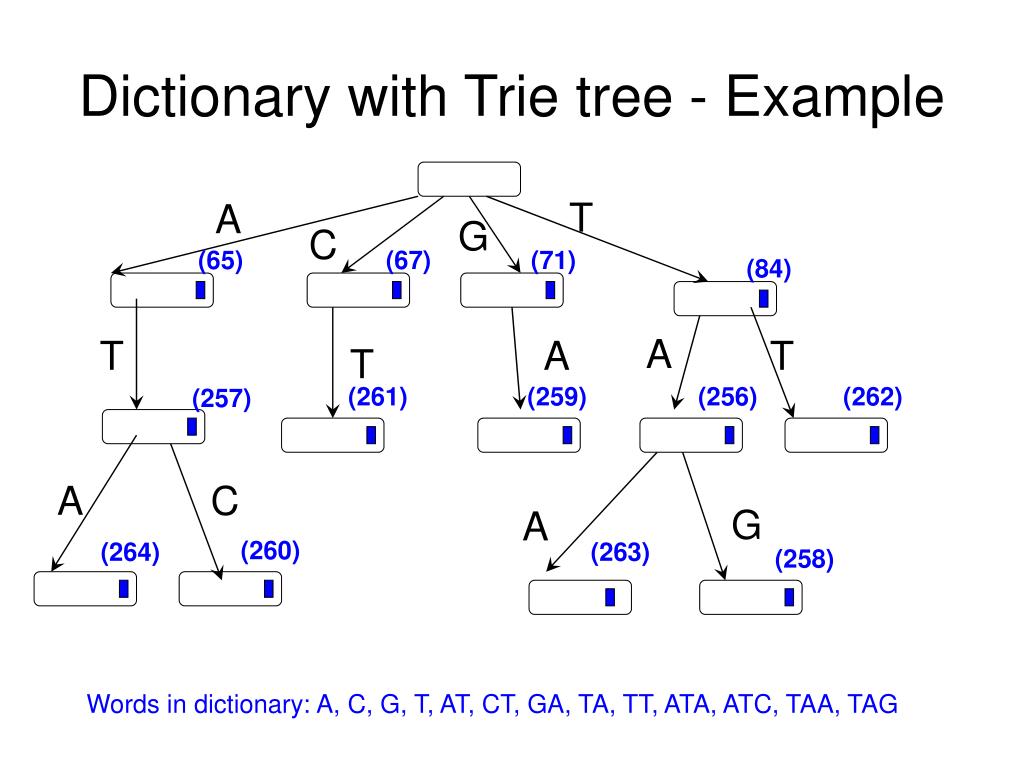

257 is in Dictionary output string(257) i.e. 256 is in Dictionary output string(256) i.e. 65 is in Dictionary output string(65) i.e. 66 is in Dictionary output string(66) i.e. LZW Encoding Algorithm (cont’d) Initialize Dictionary with 256 single character strings and their corresponding ASCII codes Prefix first input character CodeWord 256 while(not end of character stream)Įxample 1: LZW Decompression Use LZW to decompress the output sequence Since there are 212 = 4096 codeword possibilities, the minimum size of the Dictionary is 4096 however since the Dictionary is usually implemented as a hash table its size is larger than 4096. If the last pattern does not exist in the Dictionary output: code(lastPrefix) then output: code(lastCharacter) Note:LZW outputs codewords that are 12-bits each. LZW DECOMPRESSOR DOWNLOAD CODE
if the last pattern exists in the Dictionary output: The code for the pattern.If the pattern is not the last one output: The code for its prefix.Cn-1 LZW output if the message consists of more than one character:

The prefix of a pattern consists of all the pattern characters except the last: C0C1. *The last character of a pattern is the first character of the next pattern.
If the message to be encoded consists of only one character, LZW outputs the code for this character otherwise it inserts two- or multi-character, overlapping*, distinct patterns of the message to be encoded in a Dictionary. Lempel-Ziv-Welch (LZW) Compression Algorithm






 0 kommentar(er)
0 kommentar(er)
